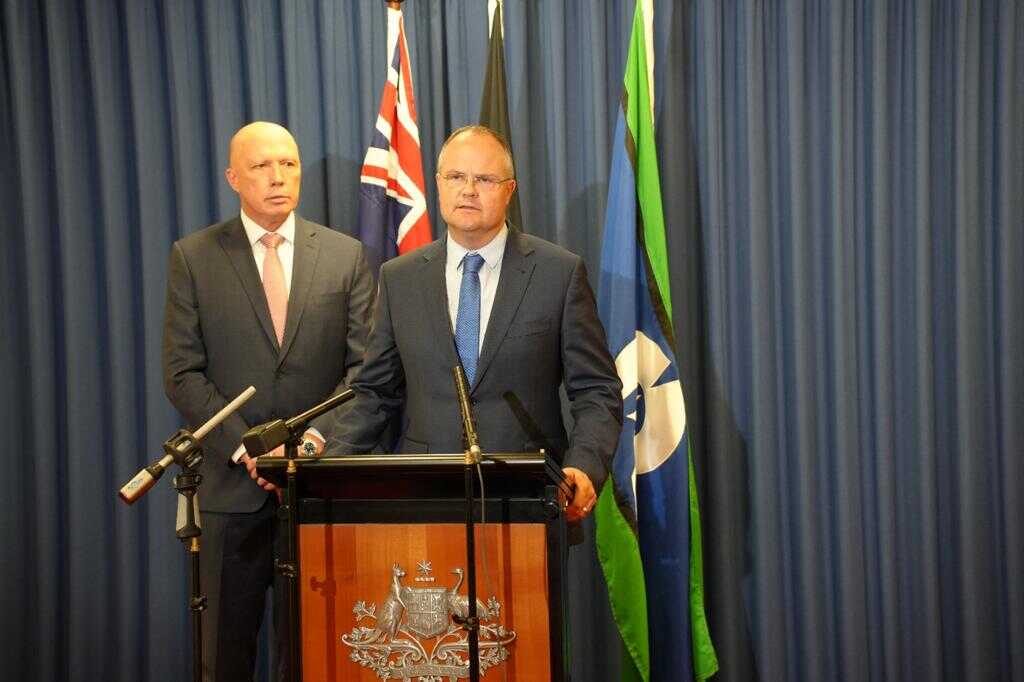After months of inaction and delay, the Albanese Labor Government has failed to deliver any meaningful relief for millions of Australian households and businesses facing skyrocketing energy bills.
Labor promised on 97 occasions prior to the election that it would cut energy bills by $275 for Australian households and businesses. Today was further proof of their failure.
Today’s announcement will come as a rude shock to the millions of Australians who took the Prime Minister at his word that they would see a solution to this energy crisis before Christmas.
The Prime Minister’s inability to answer simple questions – such as how much support individuals will receive – is not good enough.
The Coalition awaits full details of what the Government is proposing.
Nevertheless, the Coalition will support targeted and temporary relief for Australians who are feeling it the most from soaring energy costs, but more needs to be done to support Australian households and businesses that have missed out.
The Government has had six months to develop a response to this crisis. Australians can’t afford to wait a further four months before any assistance is provided.
Labor must also explain how its proposed price caps were determined and what the impact they will have on investment confidence and energy supply, given the potential for them to create a greater energy price crisis down the track.
Providing state governments with a series of dot points outlining key principles, rather than comprehensive modelling and analysis that supports intervention, is a failure of the prime minister’s leadership.
As the Reserve Bank Governor, Secretary of Treasury, energy market experts and others have made clear, the answer to Labor’s energy crisis is more supply. Getting more gas into Australia’s domestic market will reduce electricity prices and inflation.
The Government is doing the exact opposite, cutting funding to develop new gas basins and upgrade critical infrastructure that will get the gas to where it is needed.
The Government must urgently sit down with energy companies to get more gas into the domestic market.
ENDS
